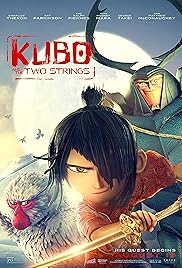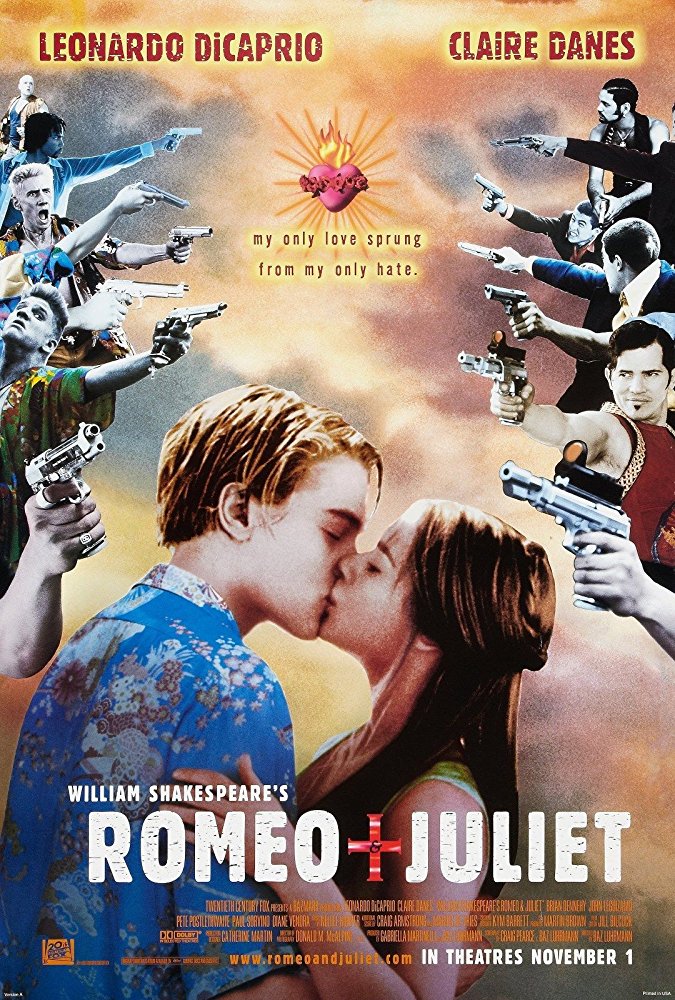KainLear has not technically timed out, but indications are pretty strong that they have given up on the draft. Rather than just stall this thing out for a day every time they come up, I'm going to step in and pick directly after Baja unless we hear otherwise from KainLear.
To fill my "relaxed V" column in the alphabetical movie draft, I select:

Star Trek IV: The (V)oyage Home (1986)
Directed by Leonard Nimoy
Starring William Shatner, Leonard Nimoy, DeForest Kelley
Trailer
I've taken a Star Wars film, I've taken a Star Trek parody, I may as well actually take a legit Star Trek film as well. And if I'm gonna do that, it's definitely going to be Star Trek IV. I understand that critical consensus has a different film as the best in the franchise, but for my money, I enjoy this one a lot more. And it has the big rewatchability factor that I care about in this draft. The plot is somewhat unusual for Star Trek in that very little of it happens in space. As the crew of the now-destroyed Enterprise make their way back to Earth in a Klingon Bird of Prey, a giant black septic tank has parked itself over the homeworld, playing whale sounds and wreaking massive, planet-threatening havoc. In an attempt to save the Earth, Kirk and Co. decide to use the gravitational pull of the sun to effect a time travel maneuver so they can go into the past and kidnap a now-extinct humpback whale so it can tell the giant septic tank to back off.
It's a silly plot. And, to be sure, by setting the film almost exclusively in 1986 San Francisco, and giving the crew a cloaked (and therefore invisible) Bird of Prey as their ship, the effects budget in this film was not an issue. But what this film has is just non-stop great banter in the screenplay. At this point in the series, the characters have been pretty firmly established, leaving a ton of room for interplay and making this the most fun of any Trek film.
As a small bonus, my family went and saw this film in the theater, and it was my 5-year-old sister's very first theater film, and she was very sternly admonished that she must stay quiet or she'd never be invited to a movie again. She did so very, very good, but at a tense moment when a whaling ship is homing in on our submerged protagonistic humpback Gracie, my enraptured little sis in a silent, crowded theater screams, "DON'T COME UP!!! DON'T COME UP!!!" making the whole theater just burst out in laughter. A little thing, but one of the best family memories around and one that I get to dig on her with on a semi-annual basis, so this film has a bit of nostalgia for me.
Oh, him? He's harmless. Back in the sixties, he was part of the free speech movement at Berkeley. I think he did a little too much LDS.
To fill my "relaxed V" column in the alphabetical movie draft, I select:

Star Trek IV: The (V)oyage Home (1986)
Directed by Leonard Nimoy
Starring William Shatner, Leonard Nimoy, DeForest Kelley
Trailer
I've taken a Star Wars film, I've taken a Star Trek parody, I may as well actually take a legit Star Trek film as well. And if I'm gonna do that, it's definitely going to be Star Trek IV. I understand that critical consensus has a different film as the best in the franchise, but for my money, I enjoy this one a lot more. And it has the big rewatchability factor that I care about in this draft. The plot is somewhat unusual for Star Trek in that very little of it happens in space. As the crew of the now-destroyed Enterprise make their way back to Earth in a Klingon Bird of Prey, a giant black septic tank has parked itself over the homeworld, playing whale sounds and wreaking massive, planet-threatening havoc. In an attempt to save the Earth, Kirk and Co. decide to use the gravitational pull of the sun to effect a time travel maneuver so they can go into the past and kidnap a now-extinct humpback whale so it can tell the giant septic tank to back off.
It's a silly plot. And, to be sure, by setting the film almost exclusively in 1986 San Francisco, and giving the crew a cloaked (and therefore invisible) Bird of Prey as their ship, the effects budget in this film was not an issue. But what this film has is just non-stop great banter in the screenplay. At this point in the series, the characters have been pretty firmly established, leaving a ton of room for interplay and making this the most fun of any Trek film.
As a small bonus, my family went and saw this film in the theater, and it was my 5-year-old sister's very first theater film, and she was very sternly admonished that she must stay quiet or she'd never be invited to a movie again. She did so very, very good, but at a tense moment when a whaling ship is homing in on our submerged protagonistic humpback Gracie, my enraptured little sis in a silent, crowded theater screams, "DON'T COME UP!!! DON'T COME UP!!!" making the whole theater just burst out in laughter. A little thing, but one of the best family memories around and one that I get to dig on her with on a semi-annual basis, so this film has a bit of nostalgia for me.
Oh, him? He's harmless. Back in the sixties, he was part of the free speech movement at Berkeley. I think he did a little too much LDS.


















